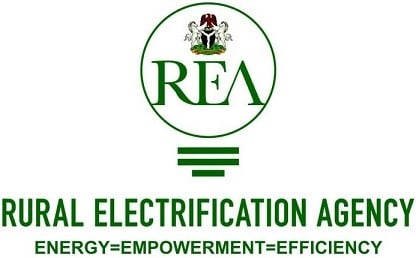The Nigeria Employers’ Consultative Association and the Conference of United Political Parties have stated that despite the 3.42% GDP growth figure released by the National Bureau of Statistics, unemployment and the reality in many households remain in stark contrast.
NECA, the umbrella body for employers and the voice of business in Nigeria, in a statement on Tuesday by its Director General, Mr. Adewale-Smatt Oyerinde, urged the NBS to enhance its enlightenment campaign on national survey participation through partnerships with the private sector, according to Vanguard.
The NBS released the GDP growth for the third quarter of 2024 as 3.46% and the unemployment rate for the same quarter as 5.0% on Monday.
Oyerinde noted, “Typically, economic growth is expected to drive job creation. However, despite a 3.42% GDP growth, unemployment has paradoxically risen to 5.0%, rather than declining as expected. The operating environment remains fraught with numerous challenges, including regulatory issues, taxes, infrastructure gaps, high energy costs, inflation, declining sales revenue, insecurity, the negative effects of capital flight, the ‘japa syndrome,’ and more.”
“We, therefore, urge the Federal Government to use their current policy measures to deliberately improve the businesses operating environment to establish a more sector balanced and inclusive growth in economy. NBS should advance its enlightenment campaign on national survey participation through partnership with the private sector so as to continue to improve on the profiles of national data such the GDP and unemployment rate,” he added.
Meanwhile, in a statement, the National Secretary of CUPP, Chief Chief Peter Ameh, said, “The NBS recently announced that the country’s GDP grew by 3.46 percent in the third quarter of 2024. At first glance, this may seem like a positive development, but the reality on the ground tells a different story.
“The widespread hunger, starvation, unemployment, inflation, and crumbling infrastructure paint a picture of a nation in distress.
“It is alarming to see the stark contrast between the reported GDP growth and the harsh economic realities faced by Nigerians.
“The frequency of national grid collapses and potholes on the roads has increased by 100 percent, while the value of the naira continues to depreciate. These statistics are a far cry from the rosy picture painted by the NBS.”
He said that “There are three kinds of lies: lies, damned lies, and statistics,” highlighting how statistics can be manipulated to support misleading or false arguments.
“This quote rings true in the context of Nigeria’s economic situation. The government’s reliance on statistical manipulation to create a false narrative of economic growth is misleading and deceptive.
“The root cause of Nigeria’s economic woes lies in its defective political system, which allows incompetent and dishonest persons to manipulate the electoral system and gain power.
“This has led to a culture of corruption, cronyism, and mismanagement, which has stifled economic growth and development,” he said.
Ameh stated that the nation must unite to tackle these challenges, emphasizing the need for comprehensive economic reforms that focus on transparency, accountability, cost-cutting measures, and good governance.
“The government must also invest in critical infrastructure, such as roads, electricity, and healthcare, to create an enabling environment for economic growth. No Country prospers without the power.
“Nigeria’s economic paradox is a stark reminder of the need for urgent reforms and the election of incompetent leaders into public office to address the country’s deep-seated economic challenges.
“The government must move beyond statistical manipulation and focus on creating a conducive environment for economic growth and development. Only then can Nigeria’s economic growth be truly inclusive and beneficial to all its citizens,” he noted.










